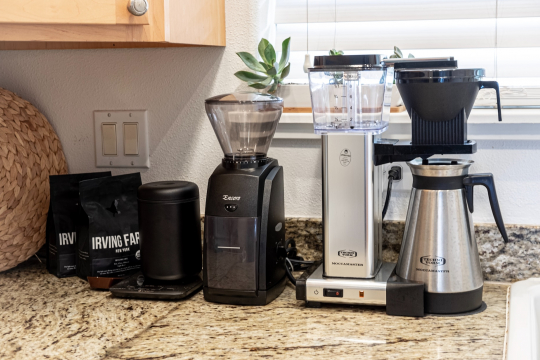A one percent improvement in electricity consumption efficiency by households reduces multidimensional poverty by about 9 percent while reducing consumption poverty by about 10 percent – these are some key findings emerging from a study assessing the extent to which improvements in household electricity consumption efficiency can reduce poverty. It was conducted by a five-member team that included three EfD Ghana researchers.
“Many people know that improvements in household electricity consumption have the potential to reduce household electricity expenditure, and consequently the level of poverty among households. But they know little about the real value of this poverty-reducing benefit,” says Professor Daniel Twerefou, a lead researcher on the study.
“Our objective in conducting this study, thus, was to assess, in quantifiable terms, the outcomes of efficient electricity consumption practices on household poverty levels.”
Male-headed households are poorer
Other findings of the study were that male-headed households are more likely to be multi-dimensionally poor than female-headed households. The team also found that households that are willing to take risks to buy new electrical appliances can reduce poverty better than those who are not, and finally, education significantly reduces the probability of being poor.
These findings are based on a household survey across three regions of Ghana, the Greater Accra, Ashanti, and Northern regions, representing the coastal, forest, and savannah zones, respectively. A total of 1,580 households were surveyed, of which 1,109 fully completed responses were used in the estimation.
Develop the appliance market
The researchers propose that the government enact policies that promote household electricity consumption efficiency. These may include appliance star ratings and appliance rebate systems. Additionally, the government should increase the level of education and improve awareness of energy efficiency as a way of alleviating poverty.
Policymakers should also develop the appliance market to ensure that only quality and standardized products are made available. This will encourage households to patronize new appliances than second-hand ones, without fear of risk.
“Through its findings and recommendations, this study empowers household electricity consumers and policymakers to promote responsible consumption practices and policies – which portends position outcomes for poverty reduction and sustainability goals,” says Daniel Twerefou.
The study can be accessed here.
By Vicentia Quartey

